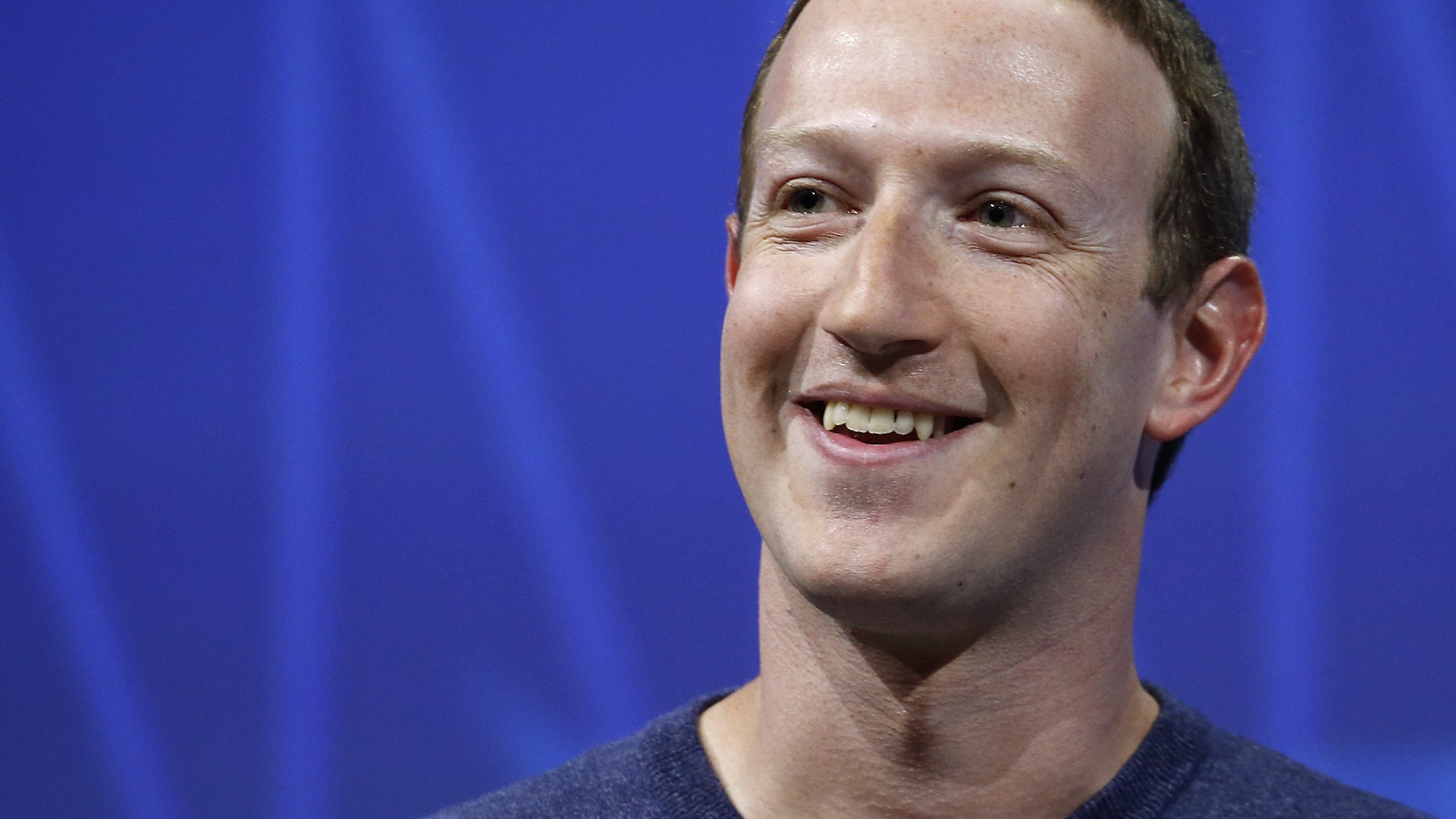Getty Images
Want the best from VICE News in your inbox? Sign up here.Facebook will appear in court Friday hoping to keep private internal company emails that could reveal CEO Mark Zuckerberg knew about the Cambridge Analytica scandal far earlier than he told Congress.Zuckerberg and his COO Sheryl Sandberg told Congress last year that they learned about Cambridge Analytica in December 2015, when the Guardian broke the news of the U.K.-based company.However, a court filing by D.C. Attorney General Karl Racine suggests the company knew about the data scraping practices in September 2015 — and he wants to unseal employee emails to prove it.Facebook admitted Friday that they were aware of an issue with Cambridge Analytica in September 2015 — but claim that issue was unrelated to the wider scandal that broke in December 2015 in which Global Science Research harvested the data of 87 million people before selling it to Cambridge Analytica, who then used it for political campaigns, including the 2016 U.S. election.The outcome of the case is being closely watched by those seeking to hold Facebook to account for privacy violations.“If Racine loses this case, then Facebook rules the USA,” David Carroll, an associate professor at Parsons School of Design in New York who is also suing Cambridge Analytica in U.K. courts, told VICE News.Racine filed a lawsuit against Facebook in December for allowing Cambridge Analytica to harvest the private data of tens of millions of users. Facebook has tried to dismiss the case, but Racine cited the emails as evidence in his opposition to the motion to dismiss.The AG claims “as early as September 2015, a DC-based Facebook employee warned the company that Cambridge Analytica” was doing something. We don’t know what that something is, as it is currently redacted. Racine added that the employee “received responses [relating to] Cambridge Analytica’s data-scraping practices.”Facebook watchers across the globe are eagerly awaiting the outcome of Friday’s hearing.“If Facebook gets the case dismissed tomorrow then it's a nothing burger [but] I can't see how it gets dismissed. Racine has the case pretty well laid out,” Jason Kint, CEO of Digital Content Next who has chronicled the fallout of the Cambridge Analytica scandal, told VICE News.Damian Collins, a British MP who has tirelessly sought to uncover the truth of how the Cambridge Analytica scandal unfolded, tweeted that Racine’s filing “could suggest that Facebook has consistently misled the Digital, Culture, Media and Sport Committee about what it knew and when about Cambridge Analytica.”Collins and his colleagues obtained the same emails during their investigation. In the committee’s final report they referred to the emails but did not publish them.While it has been European lawmakers and regulators that have been at the forefront of investigations into Facebook’s data collection and privacy practices, U.S. authorities now appear to be stepping up.The FTC is reportedly preparing a multi-billion dollar fine for privacy violations, and FTC Chairman Joe Simons told senators recently that the agency was planning a wide-ranging investigation of tech companies’ data practices.READ: Facebook’s political ad tool let us buy ads “paid for” by Mike Pence and ISISFacebook has been on the receiving end of a continuous torrent of negative press for more than two years but it continues to make huge profits and the impact of these stories on its commercial viability appears minimal.“While it seems like they are in the perpetual naughty corner from the lawmakers' perspective, they continue to be an outstanding commercial success,” Taylor said. Cover image: Facebook CEO Mark Zuckerberg (C) testifies at a joint hearing of the Senate Judiciary and Commerce committees on Capitol Hill in Washington D.C., United States, on April 10, 2018. (Xinhua/Ting Shen via Getty Images)
Cover image: Facebook CEO Mark Zuckerberg (C) testifies at a joint hearing of the Senate Judiciary and Commerce committees on Capitol Hill in Washington D.C., United States, on April 10, 2018. (Xinhua/Ting Shen via Getty Images)
Advertisement
Facebook did not respond to VICE News’ questions about the court filing, but in a statement to the Guardian, the company said it “absolutely did not mislead anyone about this timeline.”
The lawsuit
Advertisement
Facebook’s top executives have repeatedly refused to give a detailed timeline of when the company first uncovered problems with the way Cambridge Analytica was collecting and using user data.
“There is a lot of explaining to do about what was known by whom about what and when,” Emily Taylor, CEO of Oxford Information Labs, told VICE News.
“Consistently misled”
Advertisement

